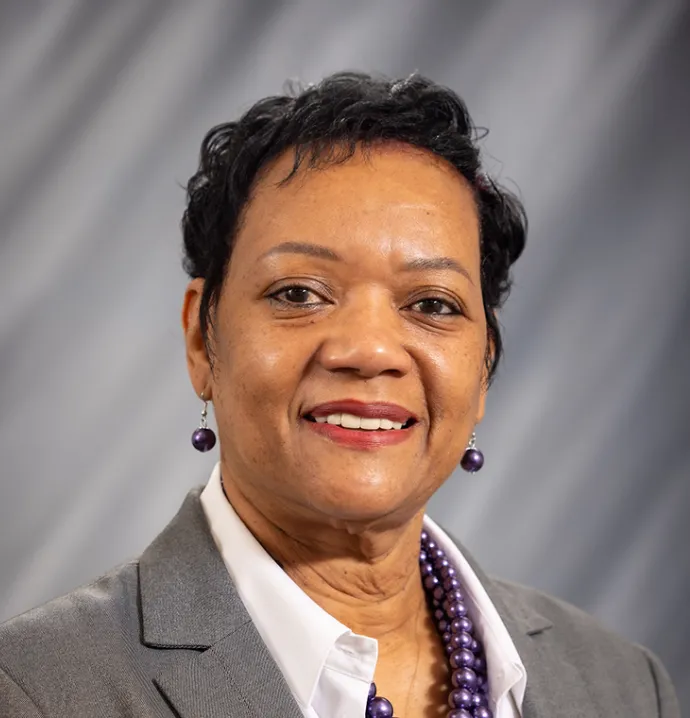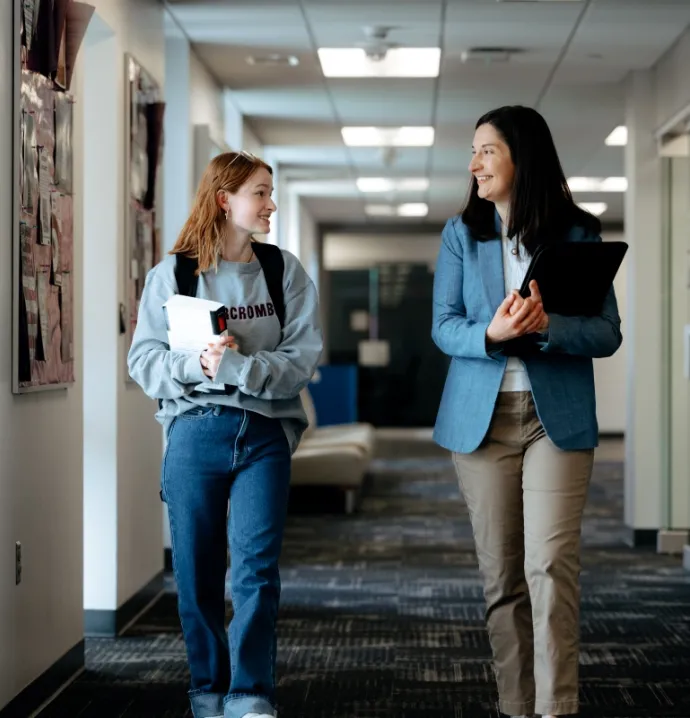President Mark Nook discusses UNI’s Neighboring State Rate at the Iowa Board of Regents
President Mark Nook discusses UNI’s Neighboring State Rate at the Iowa Board of Regents
The Iowa Board of Regents voted Wednesday to officially approve the University of Northern Iowa to move forward with its Neighboring State Rate, offering in-state tuition to new students from Iowa’s six border states starting this fall. Ahead of the vote, UNI President Mark Nook presented to the board about the strategy behind this initiative.
“The purpose of this initiative is to address what Gov. Reynolds has identified as Iowa’s most pressing economic challenge: worker shortages coupled with slow population growth,” President Nook explained. He went on to say that this initiative perfectly exemplifies the way that UNI supports its purpose: “By investing in people, we innovate ethical solutions to the problems of our time.”
“It is an ethical solution to begin to address, in part, the most significant economic problem facing our state. In 2017, when I returned to Iowa, there were 60,000 job openings in our state, but only 40,000 unemployed people. A few years later, Gov. Reynolds called the lack of workers available to take the jobs that our economy is creating the single largest economic challenge facing our state. While the numbers have changed since 2017, we are still plagued by a worker shortage and a population shortage.”
Nook continued, “The University of Northern Iowa is uniquely positioned to help address this challenge for two reasons. First, the university has capacity to significantly grow its enrollment. And second, between 40% and 50% of non-resident students who graduate from UNI take jobs in the state of Iowa. The data from neighboring states on tuition reciprocity indicate that UNI will see a sevenfold increase in enrollment and graduates from the six neighboring states. Once this initiative is fully implemented UNI should increase the number of workers placed in the Iowa workforce annually by a little over 300.”
More students graduating from UNI means more skilled workers to enter the Iowa workforce.
“This fall we do not expect to see a significant increase in enrollment due to this initiative,” said Nook. “However, there will be approximately 160 new entering students from six states who would have paid non-resident tuition who will now pay a substantially lower rate. This cost will continue to grow as more students are added each year. But that increasing cost will be offset, to a degree, by the tuition generated by the additional students who would not have come to UNI without the lower tuition rate. The result is the university needs approximately $1.5 million per year for the next few years to close this financial gap. After the initial startup period, enrollment should grow to the point that this new revenue will cover the financial gap and provide the resources necessary to cover the additional cost.”




